Purushottam Dahal's fiction 'Kaalpaatra' is a well-written narrative that also serves as an introduction to our political system. The novel, based on a political environment, also displays the limitations of the same.
Purushottam Dahal rose to prominence as the host of the renowned radio show Ghatana ra Bichar. He has been an active journalist for decades. Because his work is so intimately related to politics and politicians, his projection of political figures appears real. He portrays many characters that exist in current politics. Despite the fact that the characters are distinct people with various aspirations in life, their acts mirror the attitude and hostility that are prevalent in politics.
He had authored several works before this masterwork. He has previously written and published more than 10 books. He is devoted to his writing. He writes on various aspects of life. But this time he has picked a faculty that holds a special place in his life. As a result, he has exposed his concerns and revealed flaws of politicians through this book.
The narrative of 'Kaalpaatra' is told in such a way that the mystery remains throughout. A third-person narrator provides the narration. It begins in a 'ghat,' which is where deceased bodies are cremated. Even at the funeral, deceased bodies of various classes are treated differently. As a musical homage, a deceased corpse who possessed some power while alive receives gun salutes. Also has many spectators. The bodies of individuals with less authority, on the other hand, are handled differently.
This alongside many other small incidents plays an important role to suggest the discrimination power leads to. And this is also the reason people are tempted to get hold of power. Also how power is able to drastically flip a personality is also presented in a clear picture. It sheds light to a strong judgement on an individual’s temptation of power and position and how corrupted each and every person involved in the political party. This judgement is not biased or influenced but seems as one’s decades long observation which is put forward for the world through the characters.
Essentially, the plot focuses around the protagonist, 'Patra,' who works his way through the system and rises to power. Other notable characters who are influential and play key roles in the story are interconnected in such a way that they occasionally mirror one other's personalities. The plot moves at a steady pace. The plot follows Lawanti and Patra's ascension into politics. They are strongly engaged in politics and are capable of growing into their individual roles on their own. As the novel develops, several occurrences emerge that give insight on politics. The mystery surrounding Lawanti's death changes the course of the plot. It metaphorically depicts human nature and its emotions.
Kaalpaatra is a sarcastic narrative, as the author skill fully chooses his words throughout the novel. He undoubtedly alluded to our country's political path thus far. A writer who is well-versed in a country's politics is particularly believable when bringing up its negative elements.
The narration is straightforward but powerful, with no heavy or convoluted vocabulary. This aids comprehension of the substance of storytelling. Certain occurrences in the storyline are capable of creating tension and capturing the audience's attention.
The novel begins and ends with a funeral, implying that nothing can last forever; power, status, and grandeur, among other things, are as fleeting as a person's life.
Throughout the plot, there are twists and turns. Even if there aren't many characters, the tale flows smoothly and leaves an impression on the readers. The characters are clearly defined, and their pros and cons are properly depicted; as a result, we may occasionally compare them to someone familiar or recognized. This makes the narrative more familiar to many readers, since we may have encountered similar individuals in our lives. The reader may feel as though the characters are genuine and present in our country's politics while reading.
The writer's thought-provoking writing and language keep the reader's interest throughout the novel. The ending, on the other hand, is left open. It keeps the readers' imaginations alive. The reader may expect it as a finale move for the character in politics, or a fresh beginning.
The narrative of the story is straightforward. We cannot locate any lighter moments or individuals throughout the tale, which matches the plot's heaviness. As the characters' projection in their selected field is shown in the first chapter, we flow with them on a serious tone. As the story progresses we deeply move forward with the characters as seriously as they might be. This aids to the impact on readers, when the tale shifts and everything becomes chaotic.
It is a book that is both strategically and impressively curated by the writer. It is an excellent text to learn about our political system because it closely mirrors our situation. Despite being fiction, the narration gives the appearance of realism. Many similarities may be observed between our nation's political personalities and the characters shown in 'Kaalpaatra', as we can compare the characters to many politicians in the country. As a result, the reading may be enjoyed as a reference to our decades-long political adventure, which Dahal has been attentively following. As a result, it has an impact on his fictional characters, who are presented as if they are the politicians we see and hear about all the time.
In an age when lesser books are being written with a political storyline. Purushottam Dahal has boldly taken a risk by conceiving and telling an exceptional political narrative.






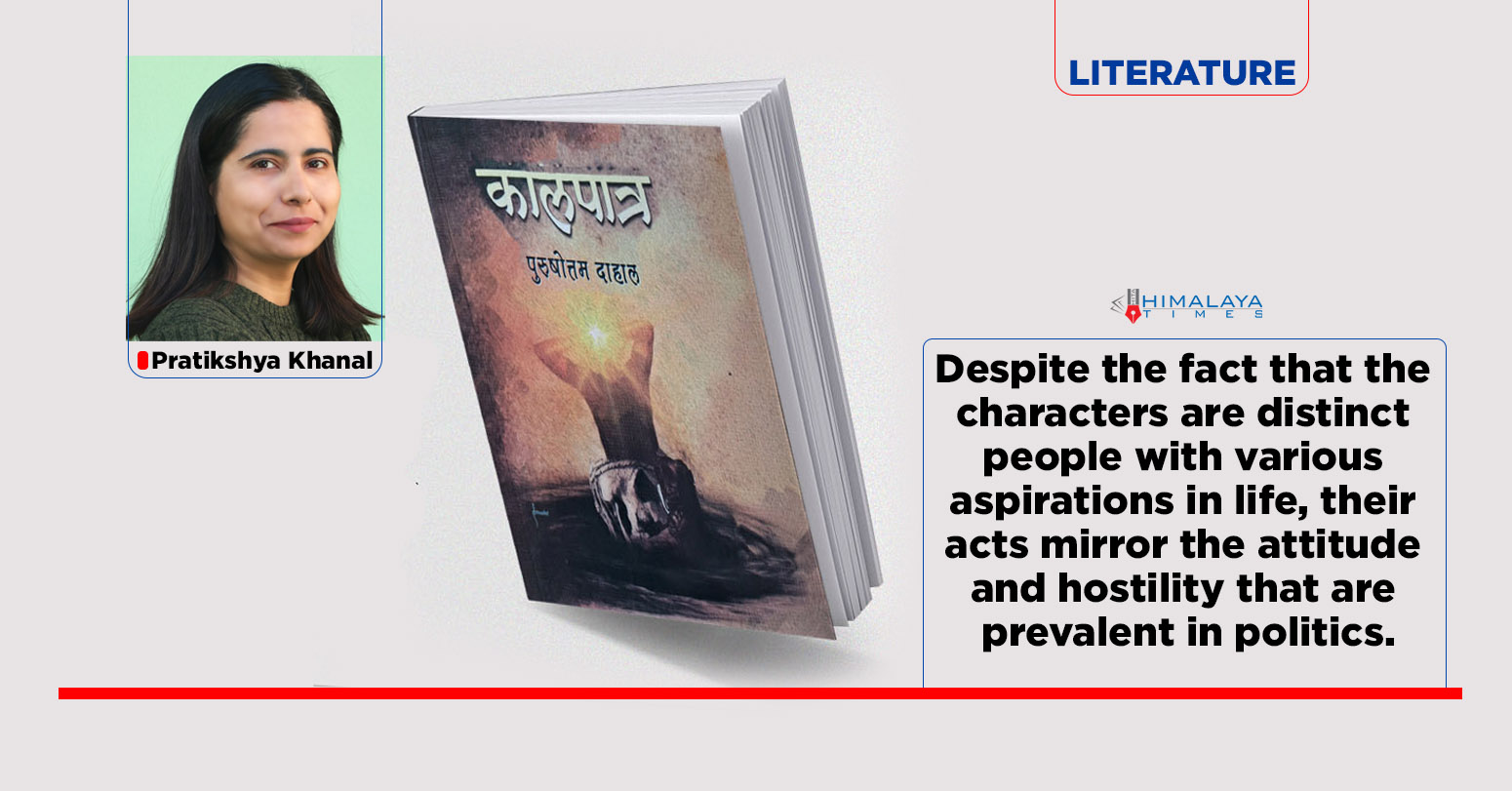
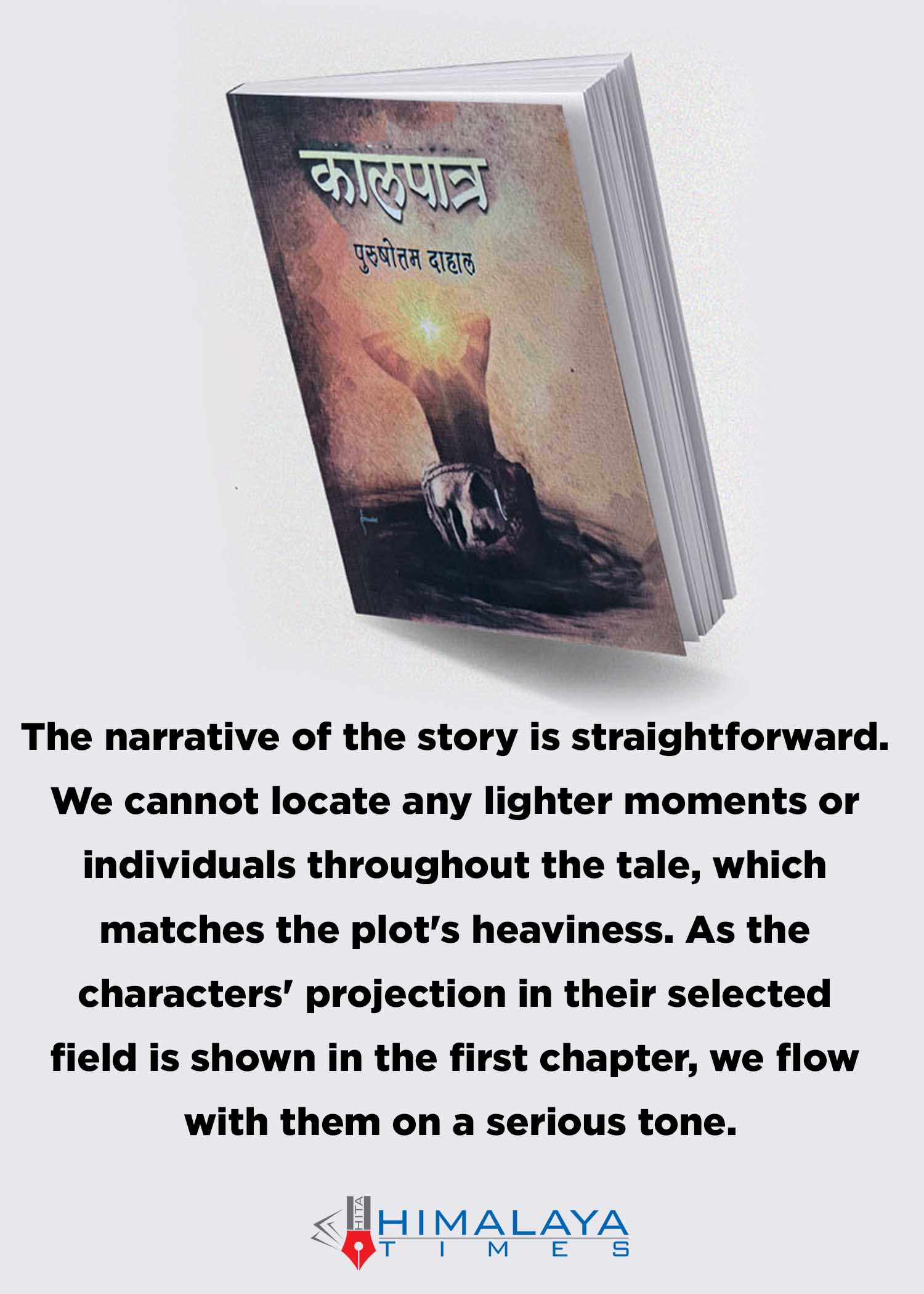
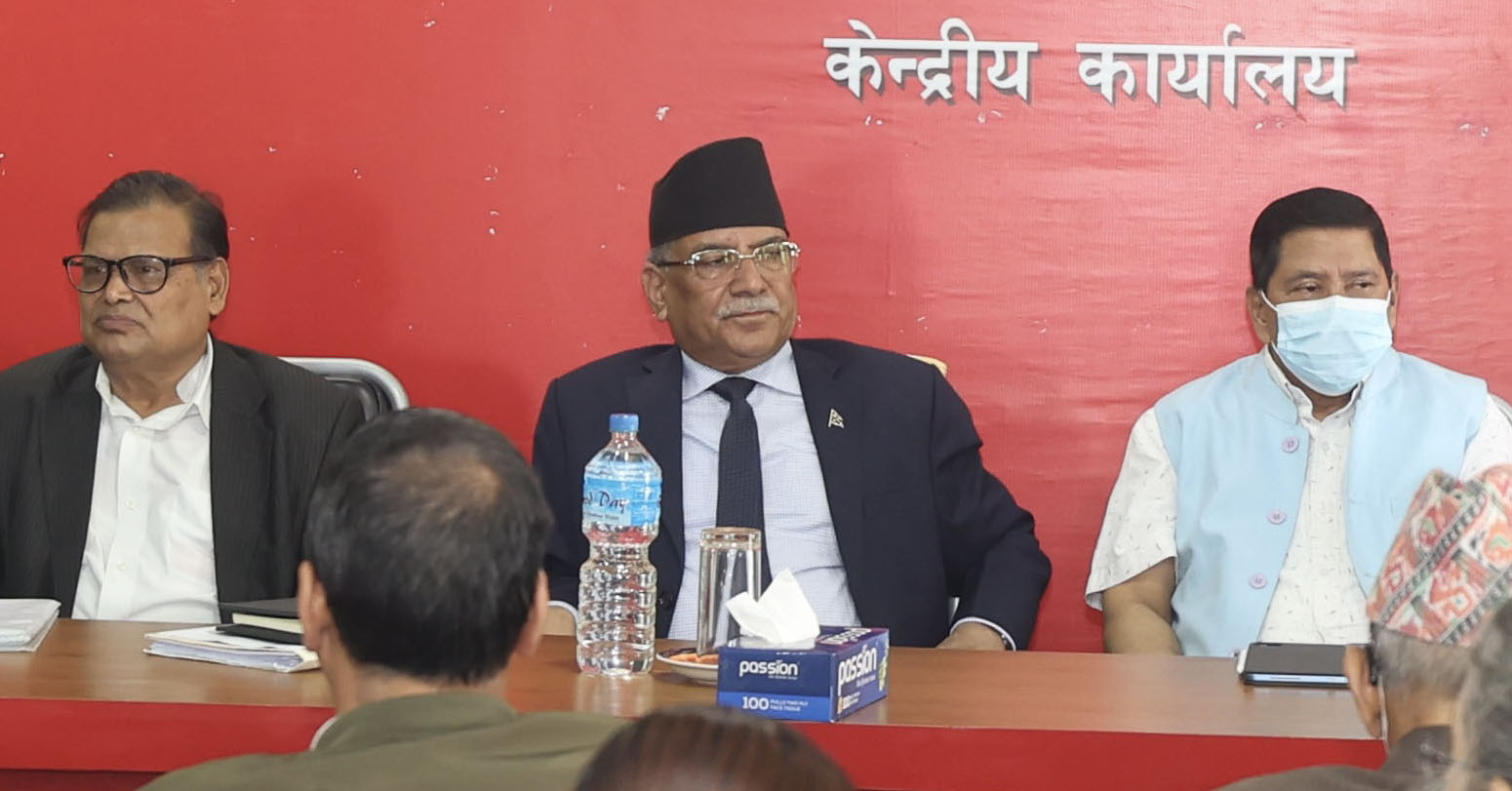
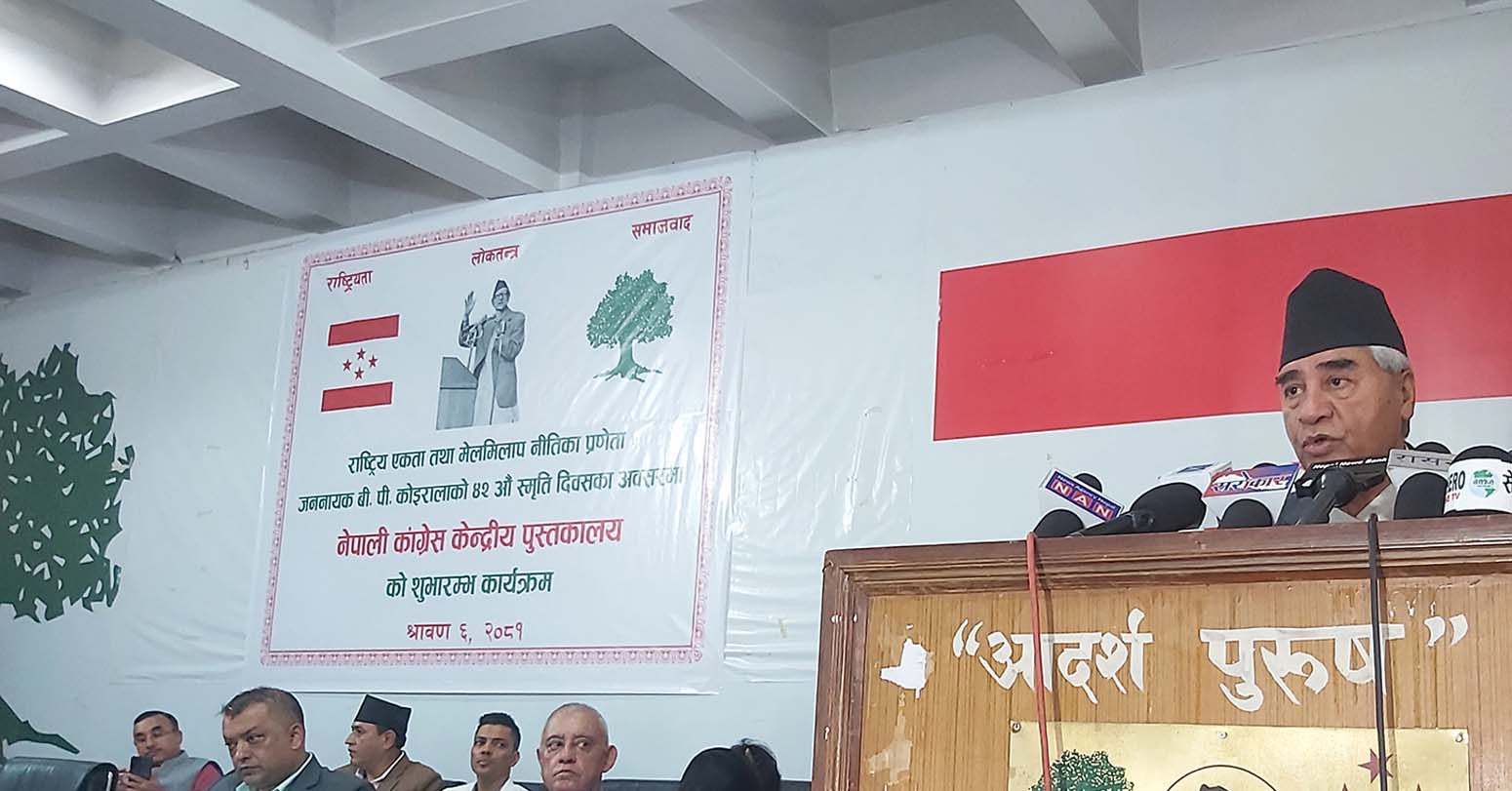
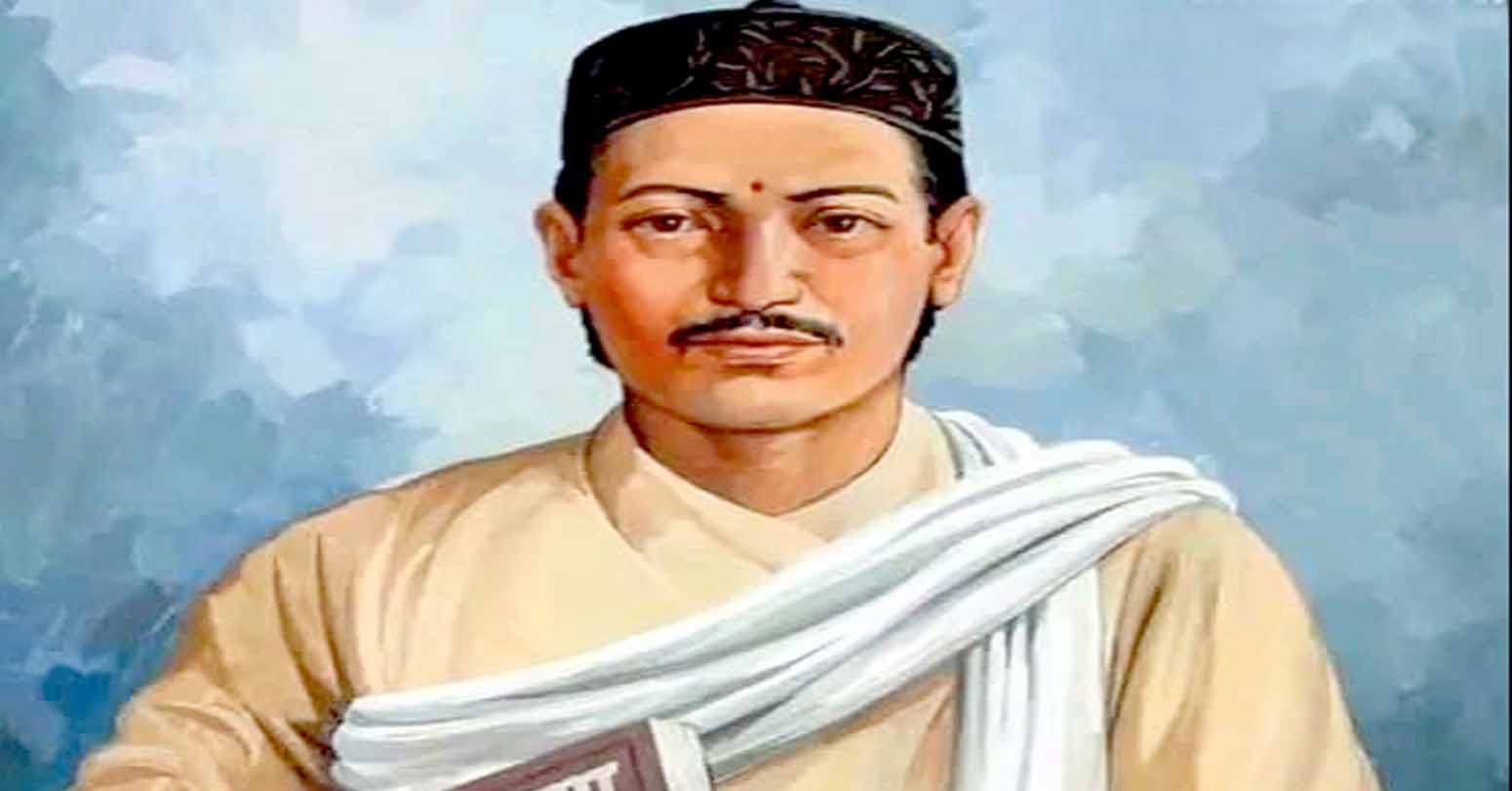
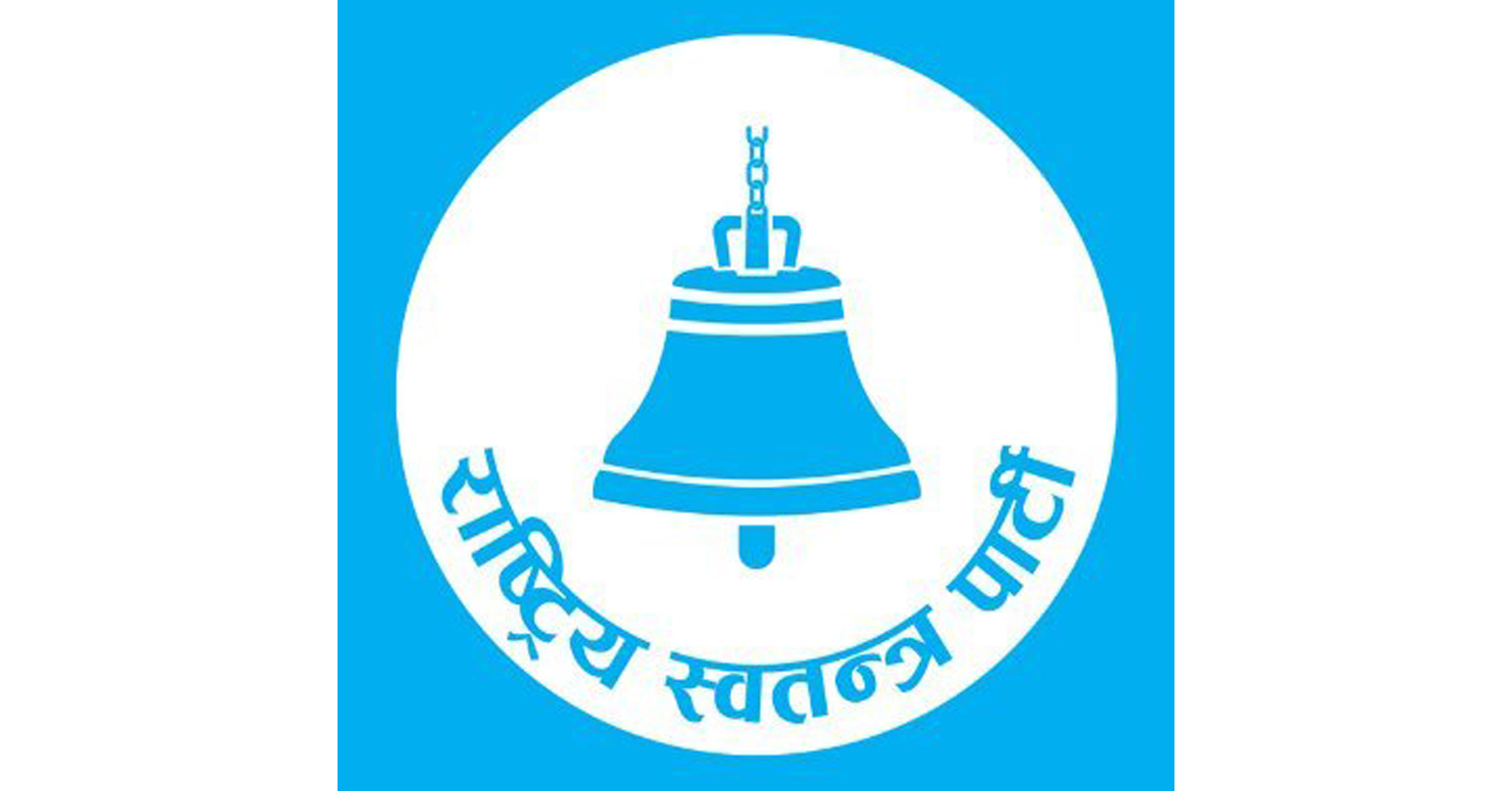
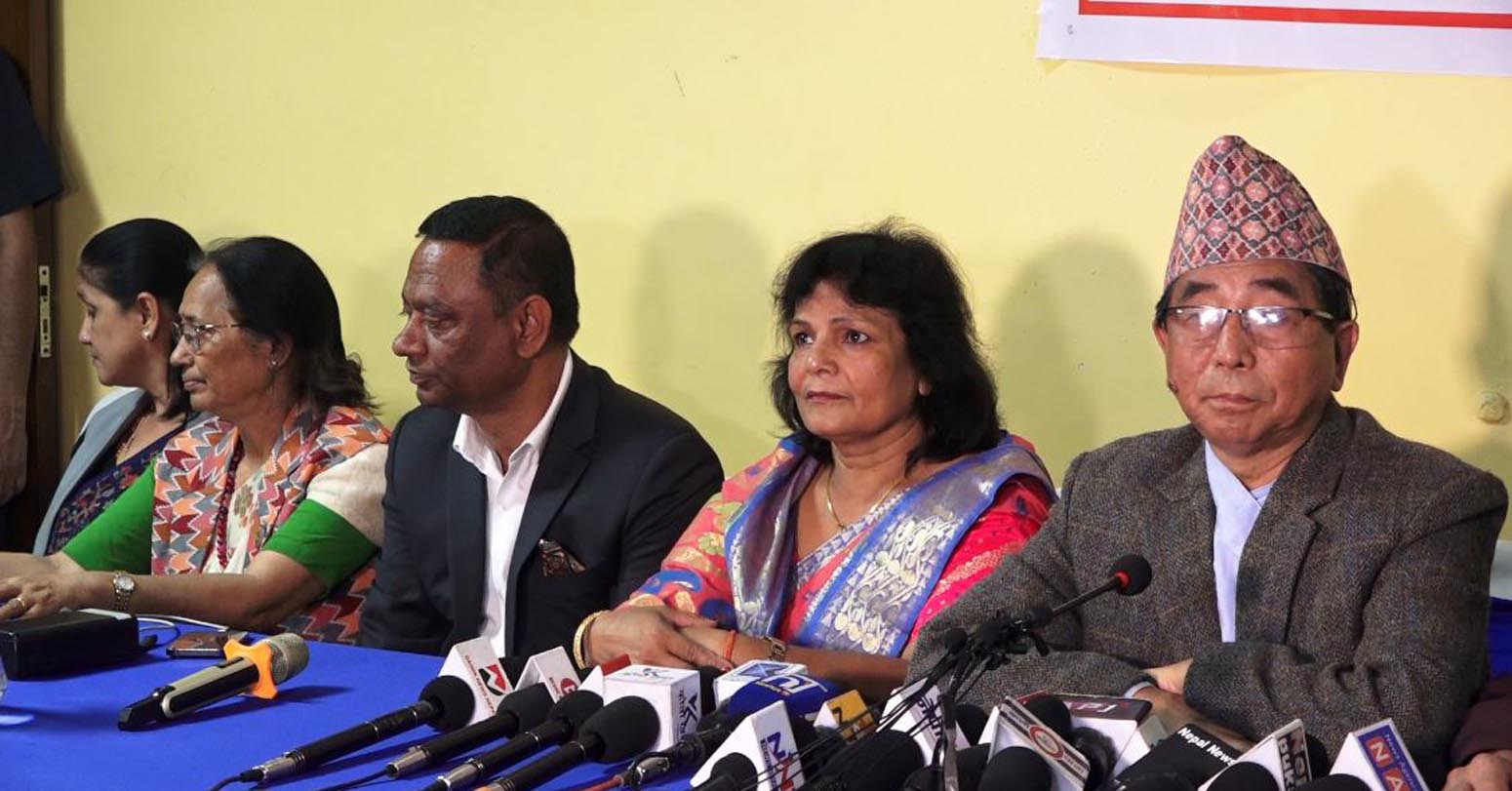
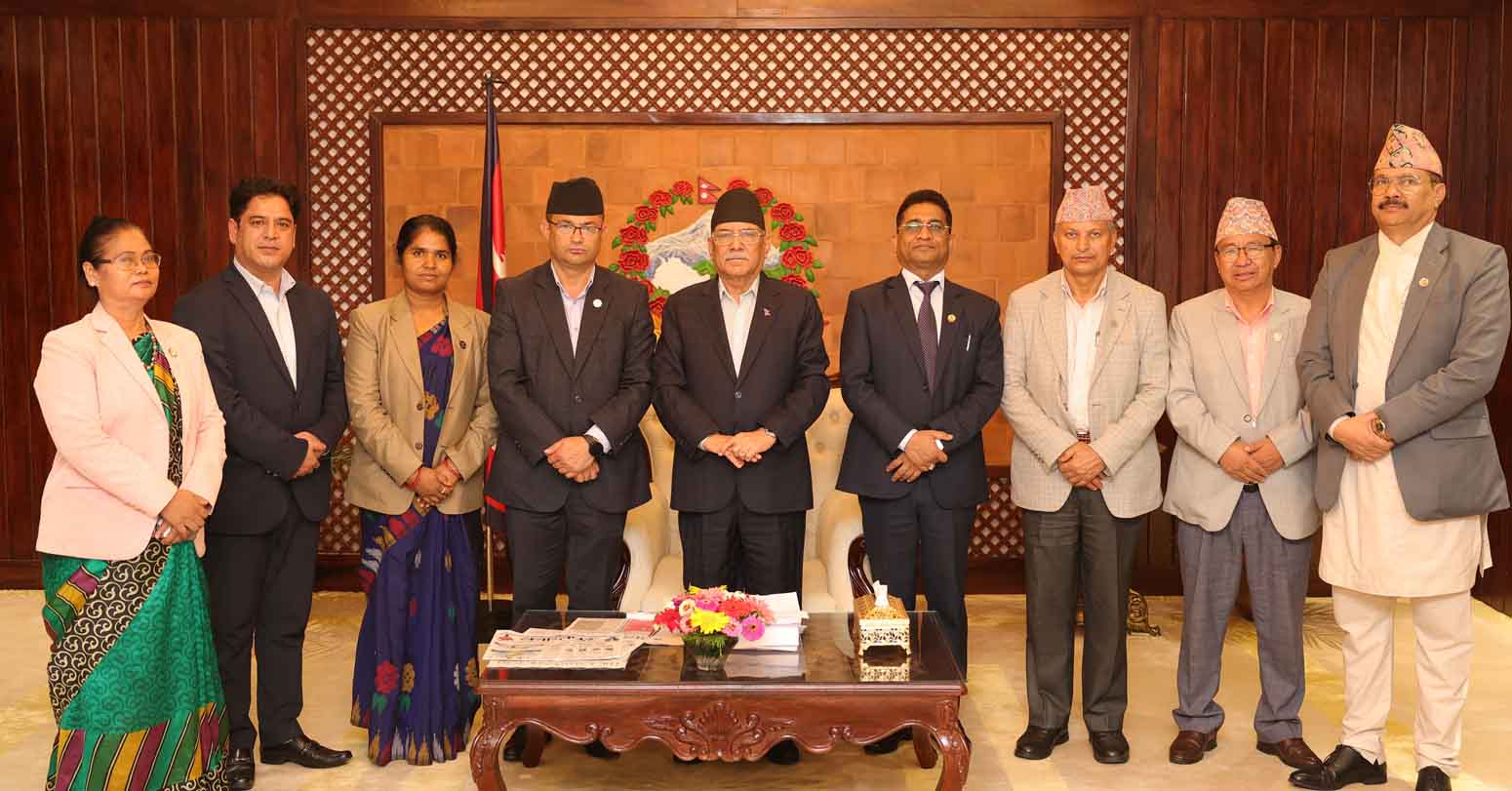
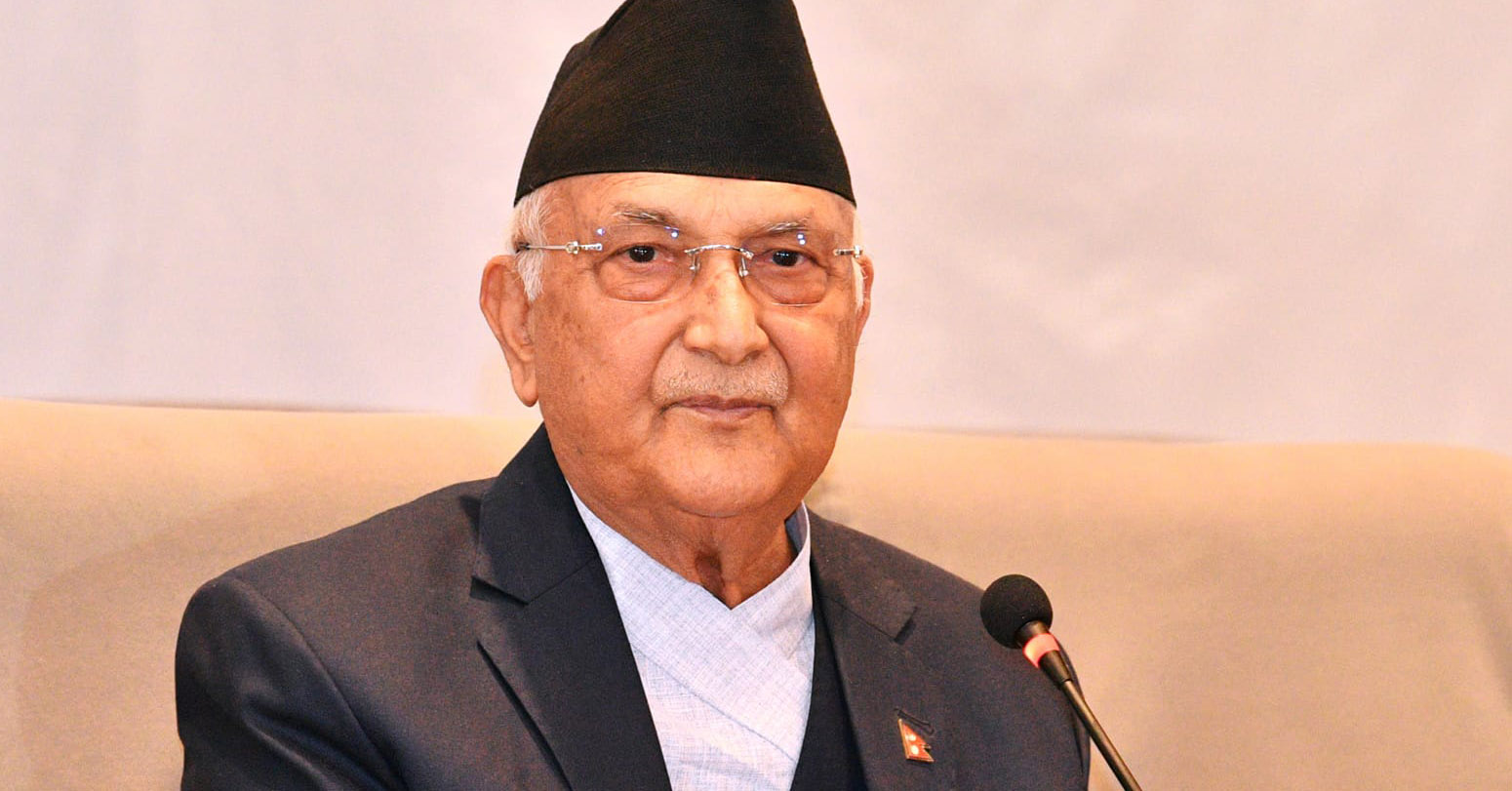

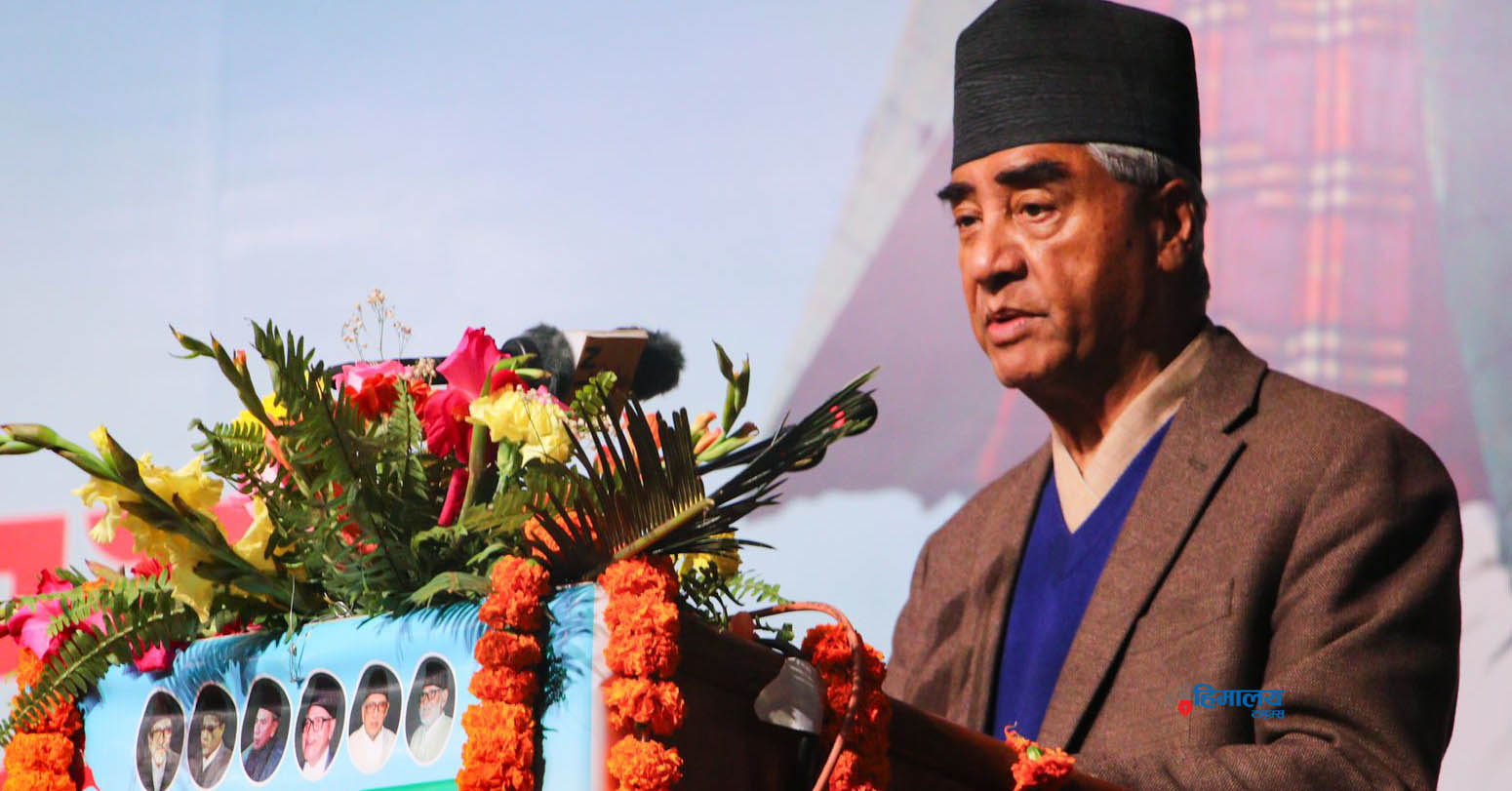
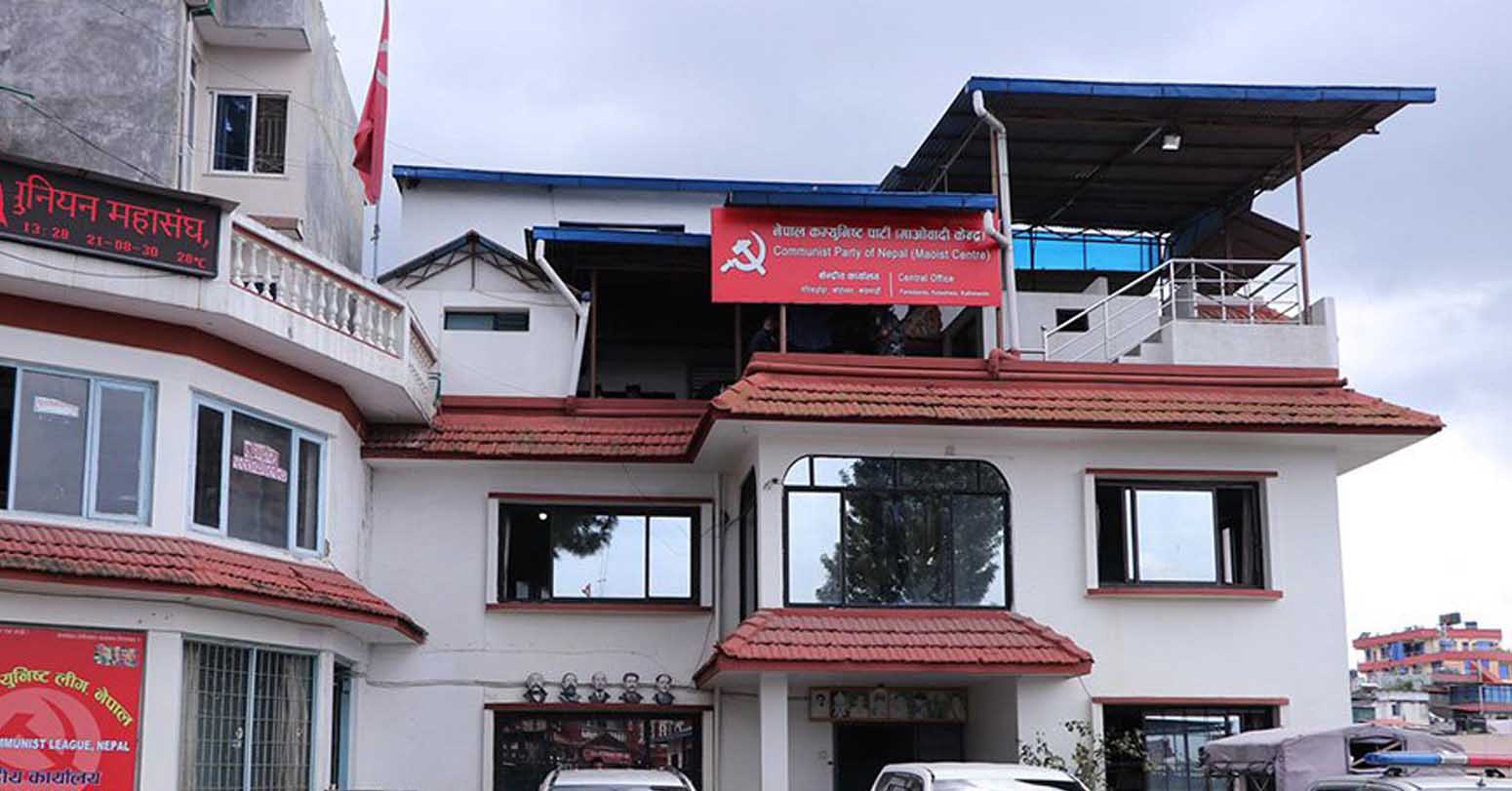
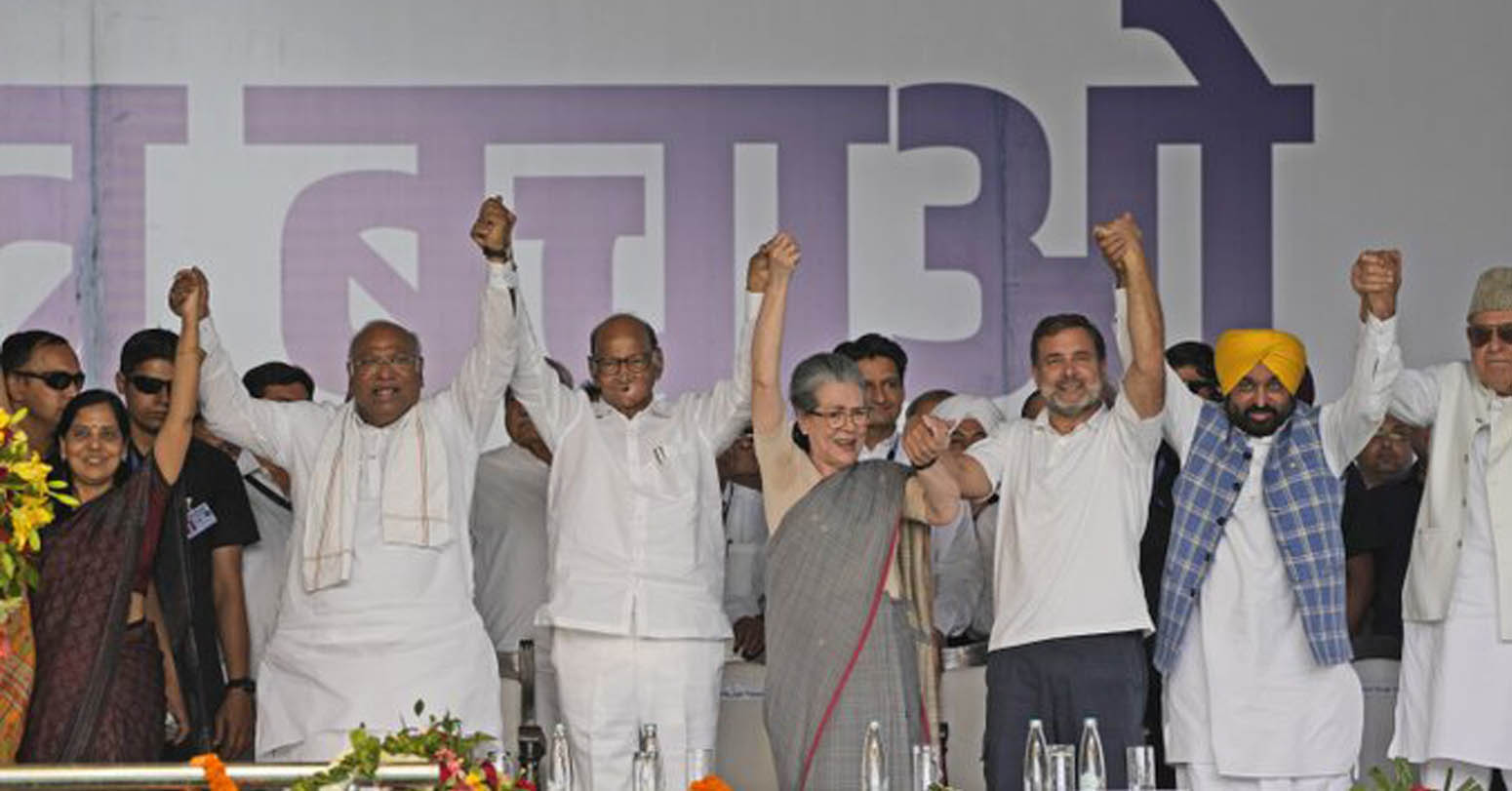
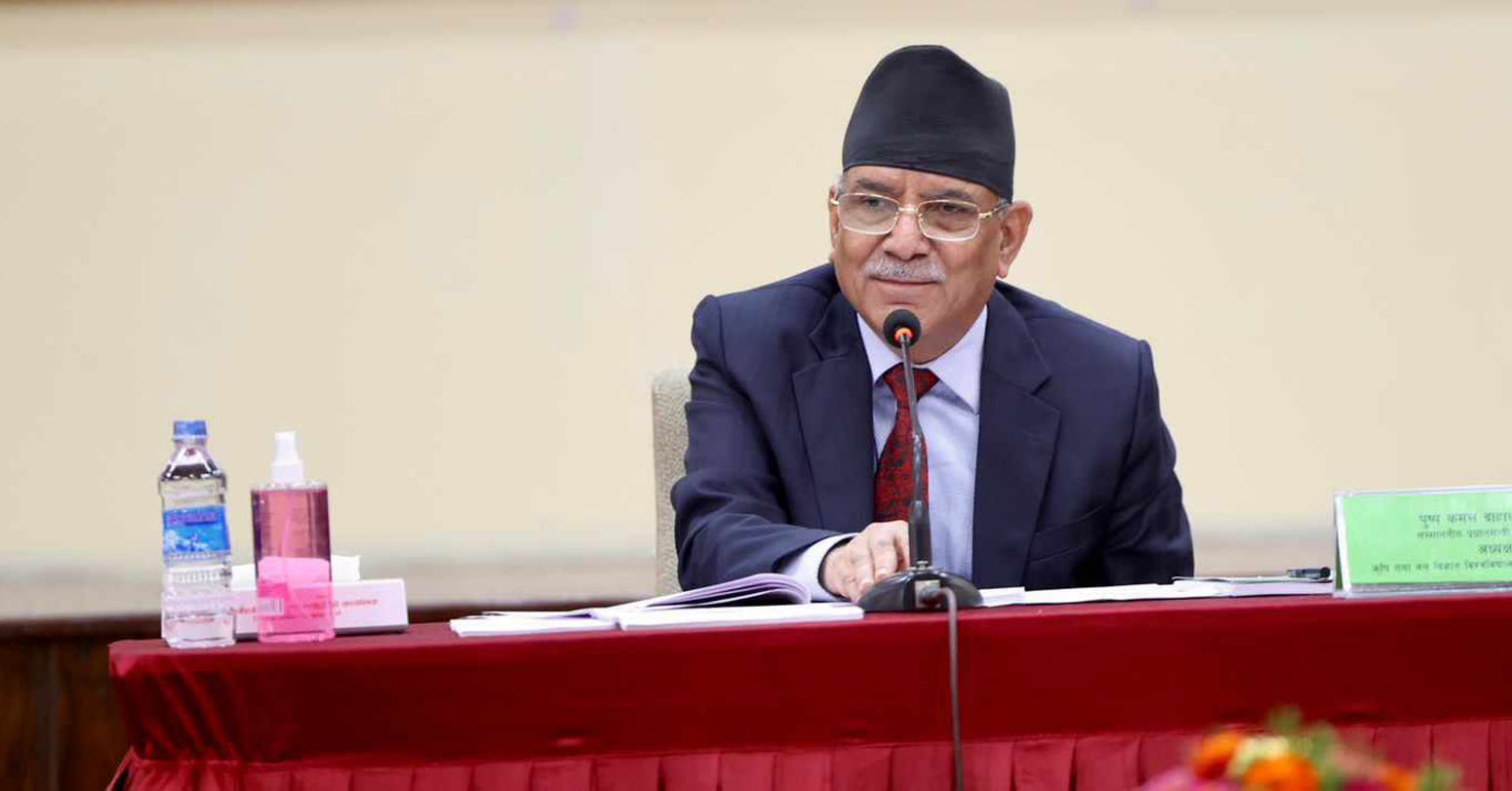
Comprehensive Data Protection Law Critically
Gender Differences In Mental Healthcare
Messi Wins Best FIFA Men’s
Erosion of Democracy
Fly Dubai Catches Fire in
“Complexities of the South Asian